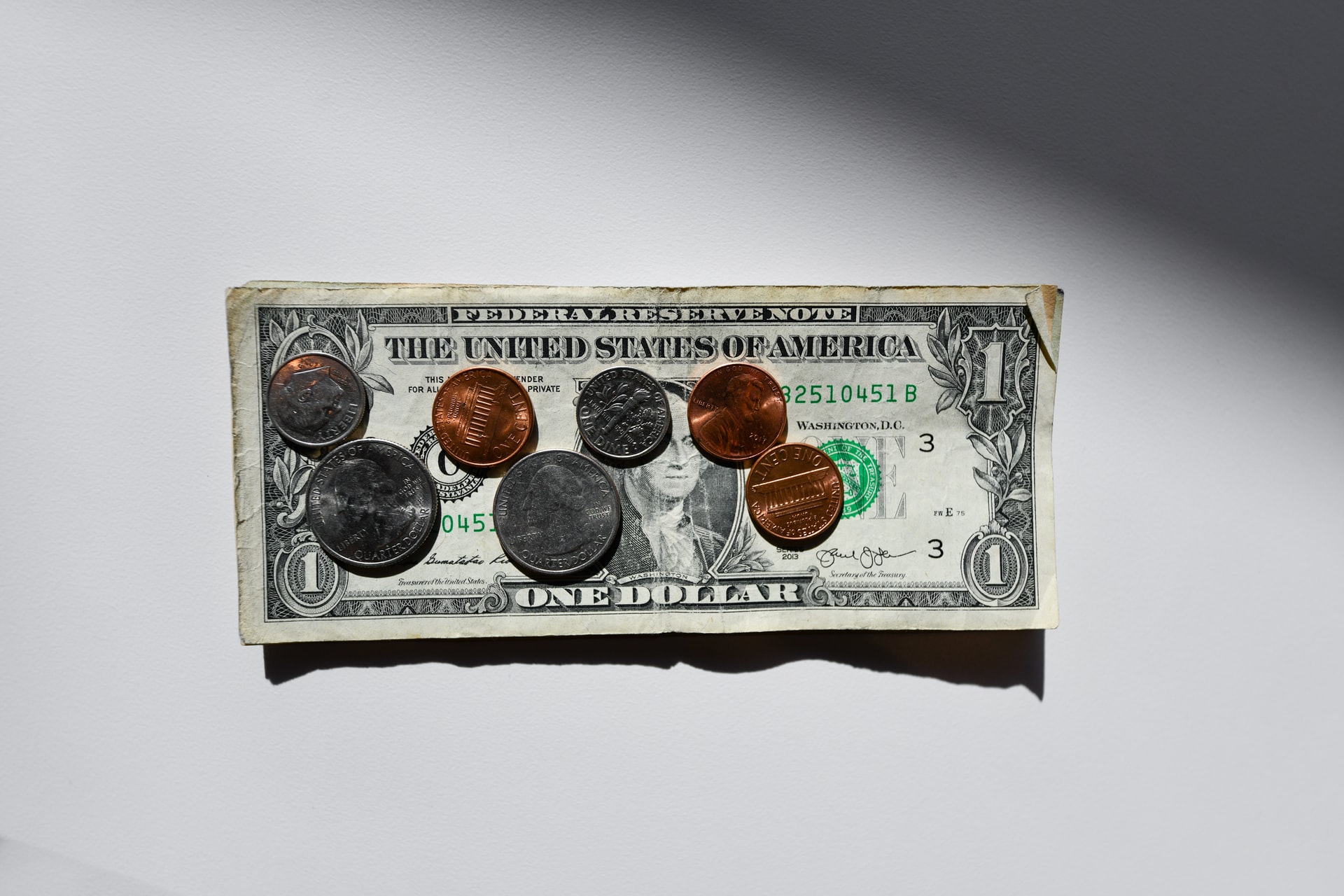Homebuyer Mortgage Loans Come in a Variety of Forms: Choosing between the many sorts of mortgage loans isn’t all that difficult if you know the jargon. To learn more, create a Bankrate account and use the recommended mortgage and refinance calculators.
The following is a list of some of the most common kinds of mortgages.
What Are Mortgage Loans And How Can You Get One?
When you get a mortgage, your lender gives you a predetermined amount of money to use toward the purchase of a home. You agree to repay your loan – plus interest – over a significant number of years. You don’t own the house outright until the mortgage is paid off.

A Traditional Loan:
Conventional loans are divided into two categories:
- conforming
- Loans that aren’t adhering to the rules.
A conventional mortgage is a house loan that is not guaranteed by the government.
- The most common sort of non-conforming loan is jumbo loans, which are big mortgages that exceed the FHFA restrictions for individual counties. Non-conforming mortgage loans are those that do not follow certain rules.
- A conforming loan simply indicates that the loan amount is within the Federal Housing Finance Agency’s maximum restrictions. On many conventional loans, lenders typically require you to pay private mortgage insurance (PMI).
Advantages Of Traditional Mortgages Include:
- Even if interest rates are slightly higher, overall borrowing expenses are lower than other forms of mortgages.
- Depending on your needs, it can serve as your primary residence, a secondary residence, or even an investment property.
- On Fannie Mae or Freddie Mac-backed loans, you can put down as low as 3%.
- Once you’ve reached 20% equity, you can ask your lender to cancel PMI or refinance to get rid of it.
The Disadvantages Of Traditional Mortgages Include:

- A higher down payment is required than for government loans. To establish income, assets, down payment, and job, extensive documentation is required. A debt-to-income (DTI) ratio of no more than 45 to 50 percent is required.
- If your down payment is less than 20% of the purchase price, you will almost certainly be required to pay PMI. A FICO score of 620 or better is frequently necessary (the same applies to refinancing).
Who Is Eligible To Apply?
- A minimum of 3% down payment is required.
- Traditional loans are best for borrowers who have good credit, a steady salary, and a long history of employment.
Unsecured Loan
Jumbo loans are more popular in high-cost areas and require more extensive documentation to qualify. Conventional mortgages with non-conforming lending limitations are known as jumbo mortgages. The ceiling is $822,375 in some high-cost neighborhoods.
Advantages Of Jumbo Loans
- The interest rates on these loans are usually competitive with those on other types of loans.
- Can take out a larger loan to purchase a home in a more costly neighborhood
The Disadvantages Of Jumbo Mortgages
- Typically, a FICO score of 700 or more is necessary, while some lenders may take a score of 660.
- You must demonstrate that you have considerable assets in cash or savings accounts (usually 10% of the loan amount).
- A DTI ratio of more than 45 percent is prohibited.
- A minimum of 10% to 20% down payment is required.
Who Is Eligible To Apply?
Borrowers with jumbo loans should have strong to excellent credit, a high income, and a large down payment.
For highly affluent purchasers looking to purchase a high-end property, jumbo loans make sense.

Loans Backed By The Government
VA loans – For members of the United States military (active duty and veterans) and their families, VA loans offer flexible, low-interest mortgages.
To assist mitigate the program’s cost to taxpayers, a financing fee of a percentage of the loan amount is imposed on VA loans. VA loans don’t demand a down payment or mortgage insurance, and closing expenses are usually limited and may be covered by the seller.
Most VA loans allow this charge, as well as other closing fees, to be rolled into the loan or paid in full at closing.
Fha-Insured Mortgages
Borrowers must have a minimum FICO score of 580 to qualify for the FHA’s maximum of 96.5 percent financing with a 3.5 percent down payment; however, if you put down at least 10%, a score of 500 will be approved.
If you put less than 10% down on a home, FHA loans demand two mortgage insurance premiums: one is paid upfront and the other is paid annually for the life of the loan, which can raise the overall cost of your mortgage.
These sorts of home loans, which are backed by the FHA, make homeownership attainable for individuals who don’t have a significant down payment or have bad credit.
Advantages Of Government-Backed Loans
- Credit criteria are less stringent.
- There is no requirement for a big down payment.
- When you don’t qualify for a conventional loan, we can help you finance a home.
- Both return and first-time shoppers can take advantage of this offer.
The Disadvantages Of Government-Backed Lending
- It’s possible that overall borrowing costs will rise.
- Mortgage insurance premiums on FHA loans are required and cannot be canceled in specific circumstances.
- Depending on the loan type, expect to present extra evidence to confirm eligibility.
Who Is Eligible To Apply?
When compared to other loan types, VA loans tend to provide the best terms and flexibility for qualified borrowers.
If you don’t qualify for a conventional loan because of a lack of cash savings or poor credit, government-insured loans are a good option.
A Mortgage With A Set Interest Rate
Fixed-term loans are those with a set repayment period, such as 15 years, 20 years, or 30 years. The interest rate on a fixed-rate mortgage remains the same for the duration of the loan, so your monthly mortgage payment is predictable.
Fixed-Rate Mortgages Have A Number Of Advantages.
- Other monthly expenditures can be planned out better.
- Throughout the loan’s term, the monthly principal and interest payments remain the same.
The Disadvantages Of Fixed-Rate Mortgages
- Interest rates on fixed-rate mortgages are often higher than those on adjustable-rate mortgages (ARMs)
- With a longer-term loan, you’ll usually have to pay more interest.
- Building equity in your home takes longer.
Who Is Eligible To Apply?
A fixed-rate mortgage offers monthly payments consistency if you plan to stay in your house for at least seven to ten years.
Mortgage With An Adjustable Rate
Avoid getting into financial difficulties when your loan resets by choosing an adjustable-rate mortgage (ARM) with a cap on how much your interest rate or monthly mortgage rate can rise. Unlike fixed-rate loans, adjustable-rate mortgages feature variable interest rates that fluctuate according to market conditions.

For the first few years, many ARMs have a fixed interest rate before going to a variable rate for the remainder of the term.
The Advantages Of Adjustable-Rate Mortgages
- A low-interest loan can save you a lot of money over the long term.
- In the first few years of homeownership, a lower fixed rate is available.
The Disadvantages Of Adjustable-Rate Mortgages
- In a few years, home values may drop, making it more difficult to refinance or sell before the loan resets.
- Mortgage payments may become expensive, resulting in a default on the loan.
Who Is Eligible To Apply?
An ARM could save you a lot of money on interest payments if you don’t plan to stay in your house for more than a few years. Before receiving an ARM, you must be comfortable with a certain level of risk.

